Rolls-Royce has been awarded funding by the Ministry of Defence to further develop and demonstrate the ‘Artificial Chief Engineer’ technology.
The tech is essentially an autonomous machinery control system which “allows naval vessels to undertake long endurance missions with less human interaction”.
“Developed by Rolls-Royce, Artificial Chief Engineer is a critical enabler for autonomous missions by acting as the equivalent of the engineering department responsible for the health and the operation of an unmanned vessel’s machinery. Navies intend to increase their use of optionally-manned and unmanned vessels to project power further for less cost by reducing reliance on manpower, allowing higher-risk or longer-endurance missions, and by lowering the procurement and operating costs of future platforms.”
The funding to continue the development, has been awarded under the MoD’s Defence and Security Accelerator ‘Intelligent Ship Phase Two’ programme, which is used to de-risk and evaluate technologies and approaches to enhance the armed forces’ technical advantage.
Ben Thorp, Programme Executive for Naval Electrical, Automation and Controls, Rolls-Royce Defence said:
“This is incredibly good news for our Artificial Chief Engineer capability, which we launched at DSEI in 2019. Our involvement in this funding programme, certainly strengthens our position with the UK MOD for Unmanned Surface Vessel enablers. This funding will also increase the technical maturity of Artificial Chief Engineer for further applications across the breadth of the marine market, both Naval and Commercial where we are seeing increasing levels of demand for this type of technology.”
You can read more about this here.


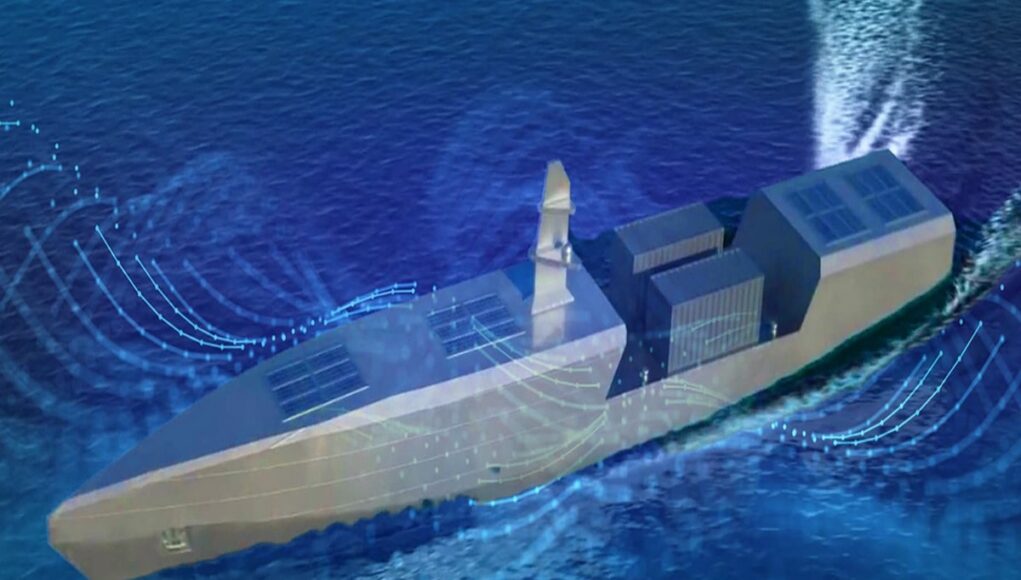
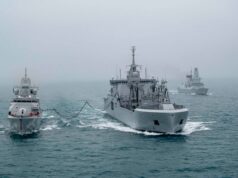
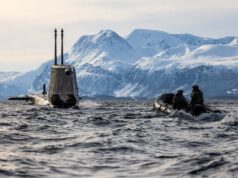
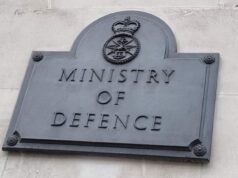

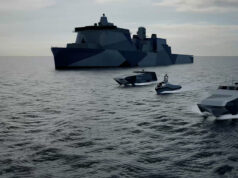
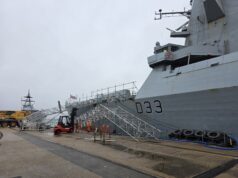
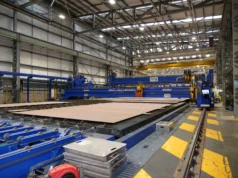
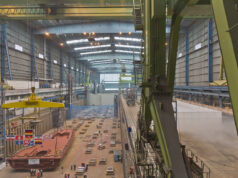

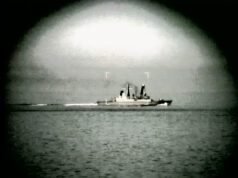

This is the thin end of the wedge for fully manned naval vessels. The concept could result in more hulls and permanent deployment overseas? The idea that functions such as delivery, transportation, and warfighting could be achieved using autonomous vehicles is mind-boggling. Maybe the Type 32 will be the last fully manned warship for the RN?
Are they “fully manned ” now?
The RN hasn’t been fully manned since the days of Trafalgar.
But they have in recent ships been cutting the required crew numbers quite considerably compared to older vessels and will continue to do so. So it is a question of what one means by the term ‘fully manned’. A vessel that might only need 20 crew compared to nearer 80 or so before could be deemed fully manned if it didn’t take away from its capabilities and functionality, or only did so only marginally at worst, which AI will help achieve if plans work out.
Yes. If (huge if) they are looking at it logically they would work backwards when designing ships. Decide what you want the ship to be able to do, decide what kit is needed and then decide what manpower you need to operate the kit. Assuming the kit is getting better and needs less effort to maintain or operate then you can reduce the crew size potentially. Fewer more skilled and better paid crews might be the result.
I think this could be an incredibly exciting possibility to solving the UK manning issues, but also reducing the funding pressures associated with salaries/benefits. However, there need to be genuine safeguards to ensure we aren’t in a situation whereby there aren’t manual redundancies available in case the automatic fails….no one wants a SkyNet (Terminator reference) scenario, I only mean that as a a half jest.
Following your half jest with my own. If you switched off all the computers on any warship what exactly are you left with that can be manually operated?
Teas Maid
All well and good until you need the manpower for DC and FF! Still, im sure the powers that be will have thought that through-hopefully!
Aye there’s a range of things that need people, even coming alongside. Then when you are there’s Duty Watches etc.
I’m not sure of the practicalities of going fully unmanned but we’ve been heading towards more automation for a while which makes sense I guess. As you say, greater minds than mine will have given it some thought.
The question for me is during peace time how do you stop you tech being confiscated or attacked if its fully unmanned. We’ve seen the Gulf that drones are considered fair game. Would make it pretty useless for protecting or escorting civilian vessels. Its difficult to justify a response against a manned system when an unmanned system is attacked.
We urgently need a robot that can fix leaks.
Haha very much this. Plus man guns, defend the ship, put fires out etc etc
Fully automated navy ships are a long way off.
Surely this is great. The Commercial airlines got rid of “Engineers” on their aircraft sometime ago, and now most issues are solved from their central engineering hub.
I suspect that for a large proportion of time at sea, the “Chief” Engineers (OR not Officers) are doing mundane routine things. Imagine you are at the 15 to 22 year point of your career, wanting to settle down a bit more and with this system you could be office based in Plymouth/ Portsmouth and on call to help problem solve those 1 in 20 occurrences, where it is your experience that matters.
I think it would be great for retention !